BlockCod Technologies Pvt. Ltd., a premier IT and software development firm with extensive experience, has made its mark by delivering precisely tailored software solutions anchored in quality. Known for its deep expertise in cloud computing and mobile app development, BlockCod harnesses advanced practices and the latest technologies to create exceptional software solutions, optimize user experiences, and drive faster returns on investment. Recently, the company has expanded its focus by developing an innovative mental health platform aimed at tackling critical social issues, combining the expertise of domain specialists with the power of AI.
In an exclusive discussion with The Interview World, Mohit Bhagat, Co-founder and Managing Director of BlockCod Technologies, shared his plans for this mental health platform. He highlighted how AI-driven automation will enhance patient response systems, offered insights into the ecosystem he envisions, and articulated his long-term goals. Here are the major takeaways from this insightful conversation.
Q: Can you share the key focus areas of your startup and the specific goals you’re aiming to achieve through your new initiative on mental health?
A: As the head of BlockCod Technologies Pvt. Ltd. for the past three years, I am now steering the company toward new domains. Our primary focus is developing a mental health platform, while we’re also preparing to enter e-commerce, specifically targeting India’s local businesses.
Our mental health platform is already built and designed to connect users with a wide range of therapists and counselors by category. Users can also schedule consultations, after which counselors will initiate virtual sessions directly through the app. During these sessions, counselors will document key insights, all accessible within the platform. Additionally, users will receive a full transcript of each call for their reference.
To enhance this platform, we plan to integrate an AI model that assesses the severity of each user’s situation. By answering a set of targeted questions, users will receive an assessment indicating whether therapy alone is sufficient or if medication might be necessary. Based on this evaluation, the platform will recommend an appropriate therapist, counselor, or psychiatrist.
Looking ahead, our goal is to develop a language model capable of delivering basic therapy, reducing dependency on human intervention. This ambitious step will further our mission of accessible and scalable mental health support.
Q: What strategies and steps are you implementing to achieve your automation goals?
A: Our AI model, built on a large language model (LLM), closely mirrors the experience of real-life counseling. Much like a professional counselor, it will ask personalized questions and, using advanced AI, provide tailored recommendations. For instance, if a user reports feeling suicidal or highly frustrated, the model will intuitively suggest therapy or medication as needed.
Furthermore, this AI model is designed to replicate the depth of human judgment. By prompting individualized responses, it can assess each user’s unique situation and offer insights that closely align with the assessments a human counselor might make.
Q: What approach are you taking to build and engage a multi-stakeholder ecosystem effectively?
A: We’ve successfully onboarded a significant number of counselors on our platform, offering them flexibility and a “gig work” model that empowers them to grow and expand their practices. This benefits not only those seeking mental health support but also the counselors themselves, who can develop their businesses in a secure, supportive environment. This unique value proposition has been central to our outreach.
To ensure the platform meets their needs, we first focused on understanding the challenges they face on existing platforms, such as data privacy and security concerns. Many counselors expressed hesitations about signing up elsewhere due to these issues, so we prioritized addressing these vulnerabilities, reinforcing our commitment to privacy and data security. This approach has been key to building trust and driving counselor engagement on our app.
Additionally, the counselors we’ve onboarded actively contribute to training our AI model. By sharing insights into the questions they ask and the analyses they conduct, they help shape a robust, standardized framework that powers our AI. We then refine and standardize this data to train our model, ensuring it aligns with real-world counseling practices.
Q: Can you describe your long-term vision for this mental health project and the impact you hope to achieve?
A: My long-term vision is to build a dedicated organization focused on mental health, expanding beyond digital platforms into brick-and-mortar centers with in-person counselors. My broader goal is to address and reduce the prevalence of mental health challenges across society—a mission inspired by the struggles my own family has faced.
Within the next five years, we aim to establish a strong presence in major cities, creating a brand that people immediately recognize and trust when seeking help. Our goal is simple: to become the go-to resource for anyone needing support, guidance, or mental health assistance. This is the impact we’re working to achieve.


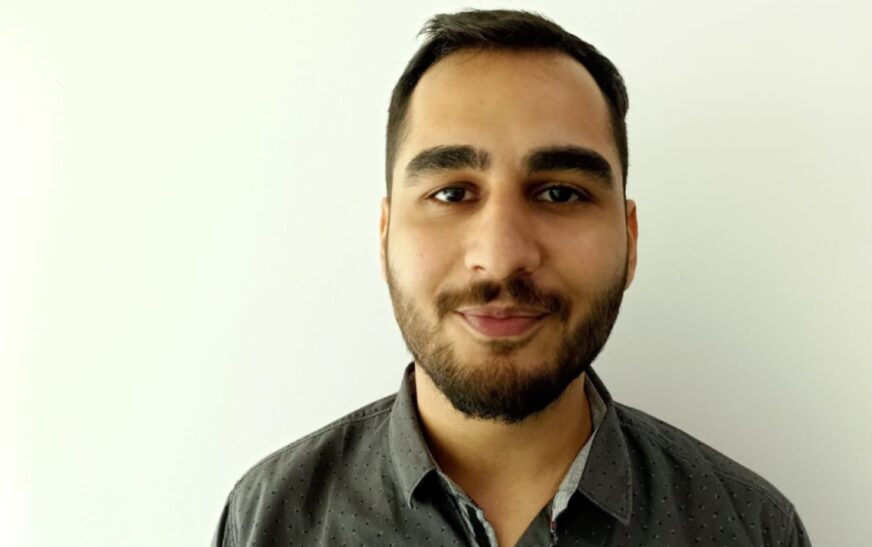
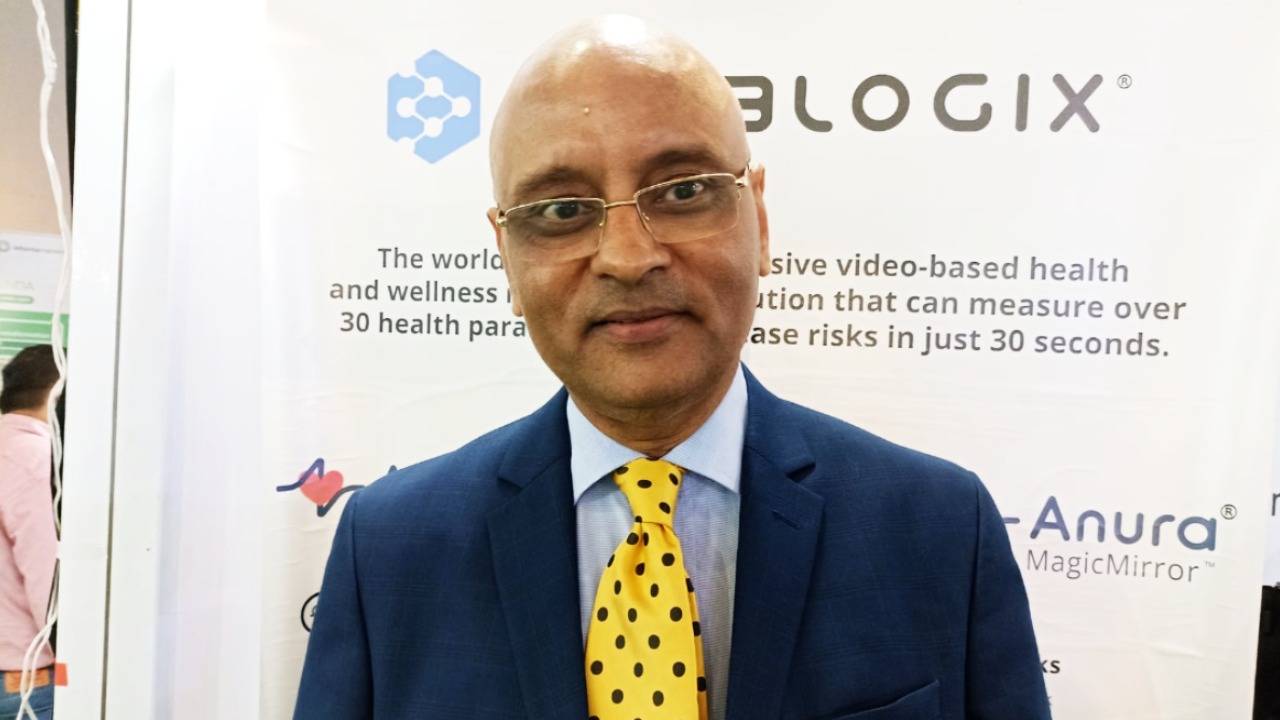
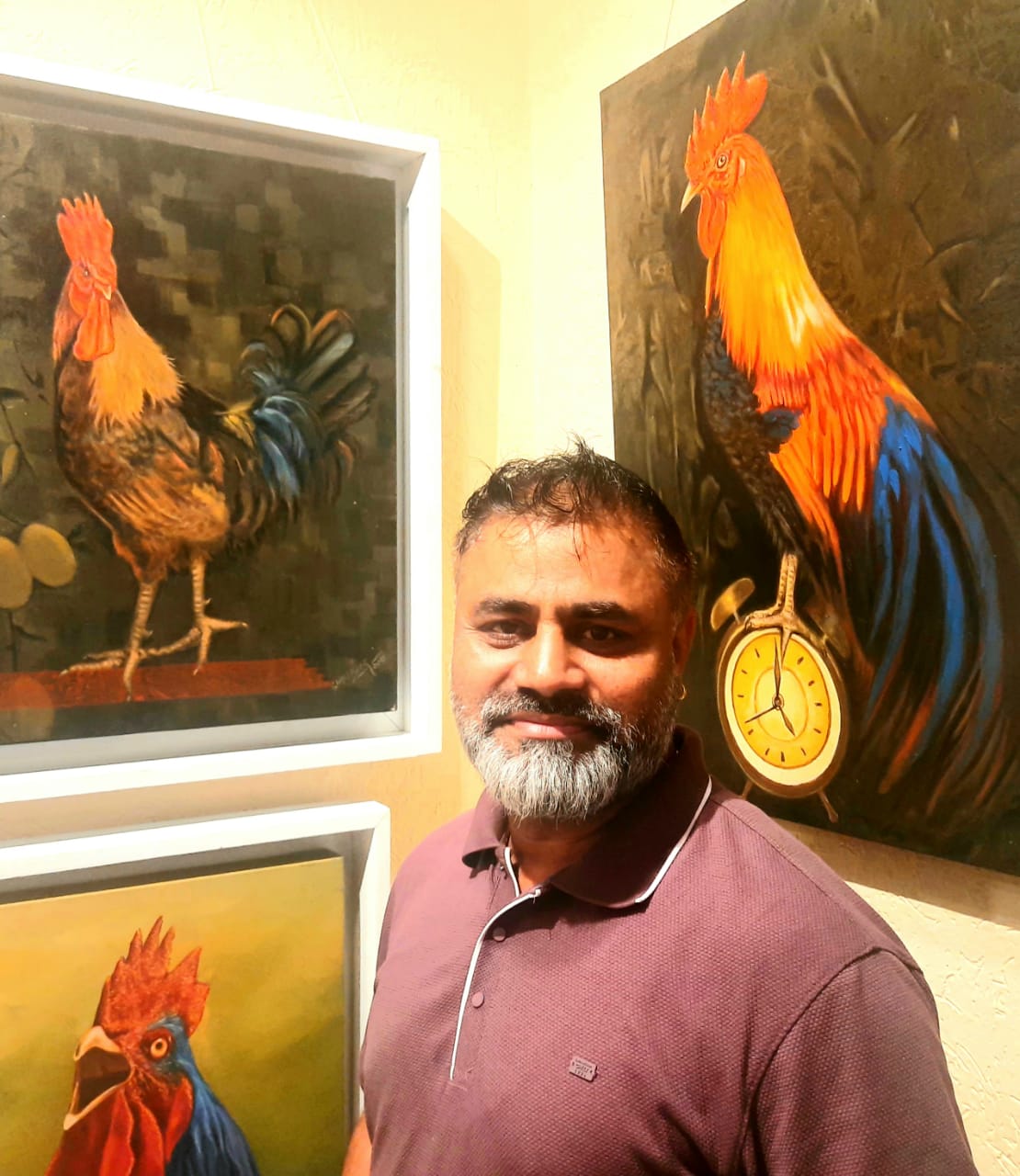
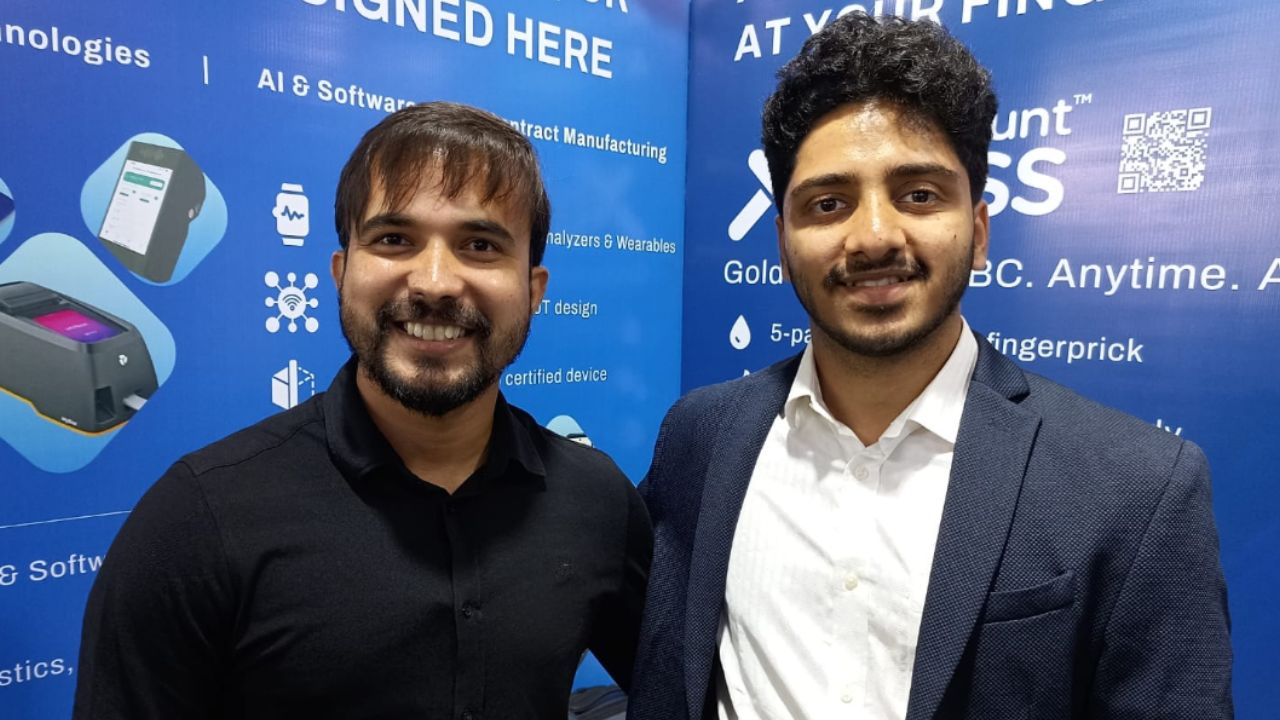

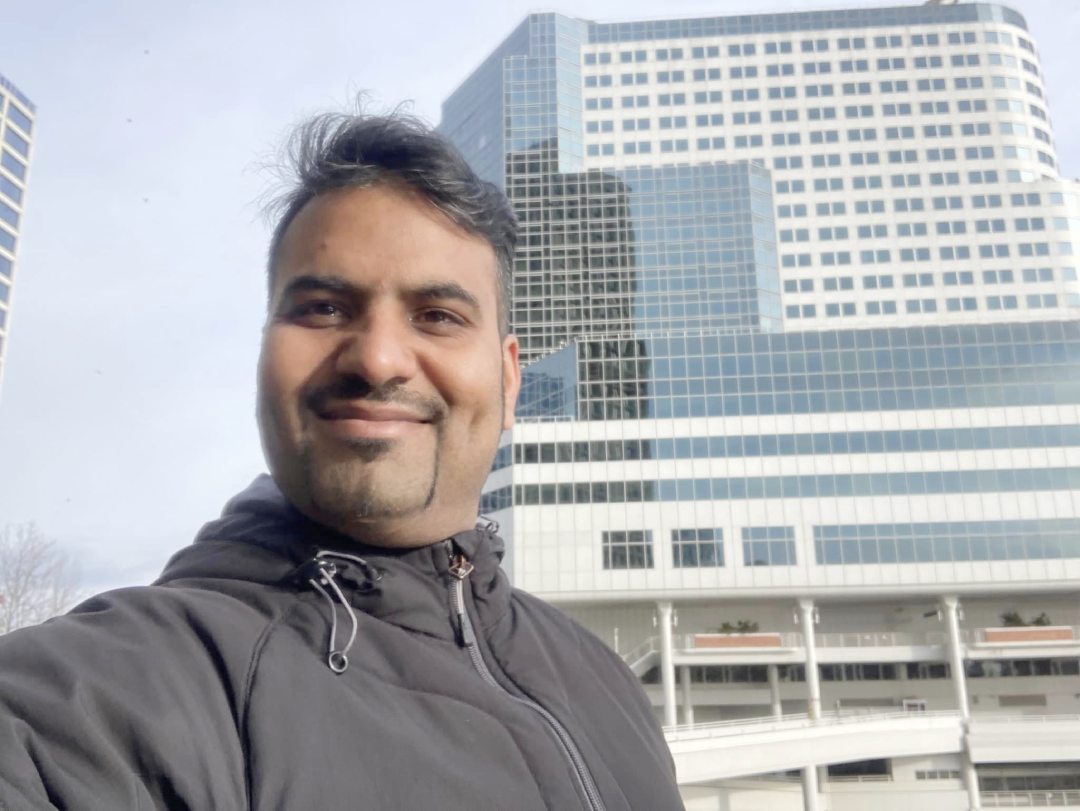


2 Comments
I do agree with all the ideas you have introduced on your post They are very convincing and will definitely work Still the posts are very short for newbies May just you please prolong them a little from subsequent time Thank you for the post
Your blog is a constant source of inspiration for me. Your passion for your subject matter shines through in every post, and it’s clear that you genuinely care about making a positive impact on your readers.
Comments are closed.